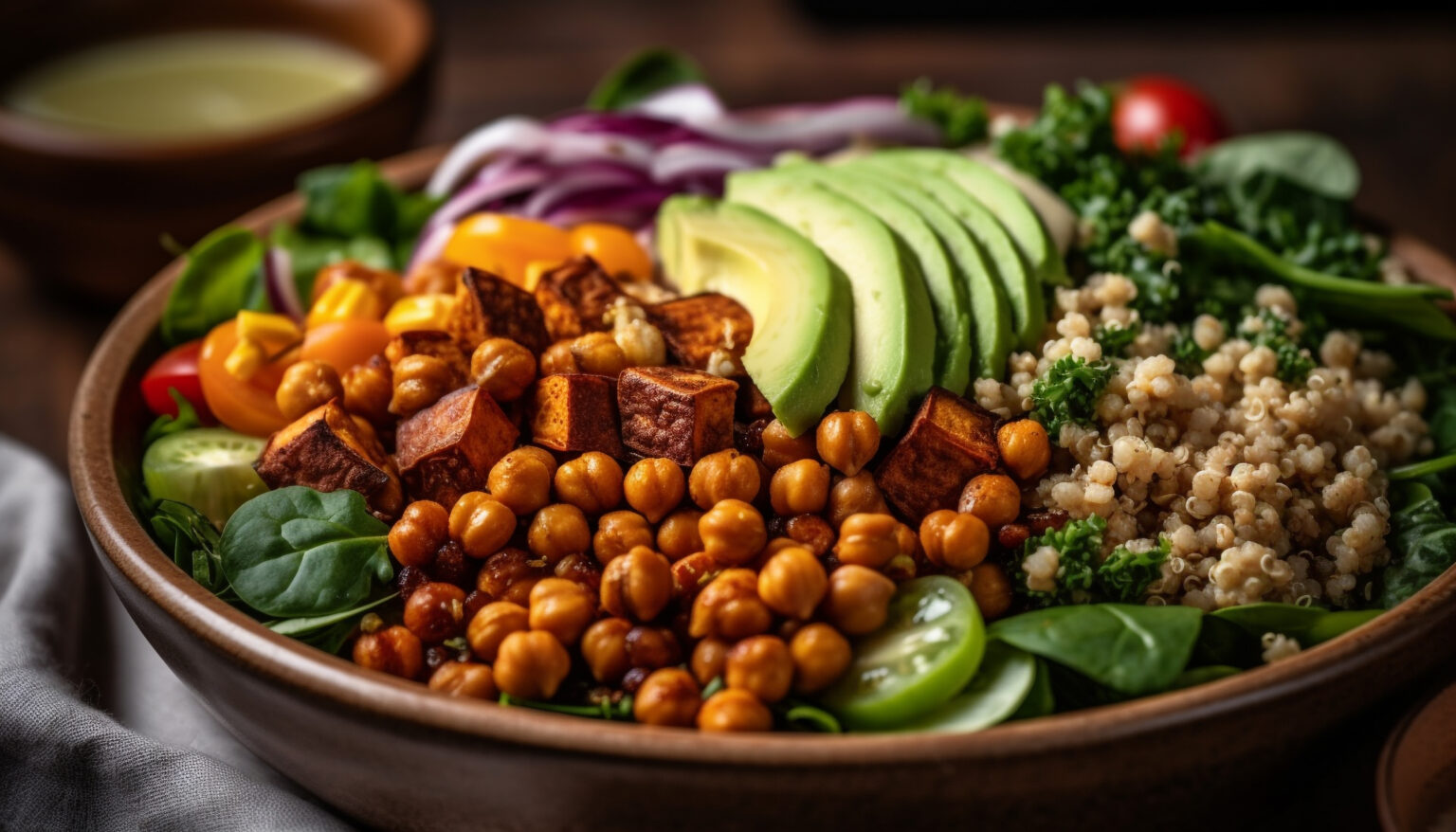Adopting a vegan lifestyle has become increasingly popular due to its ethical, environmental, and health-related benefits. While a well-planned vegan diet can provide an array of essential nutrients, certain vitamins and minerals may require additional attention. Fortunately, plant-based alternatives and fortified foods offer excellent solutions to ensure vegans meet their nutritional needs without compromising their ethical choices. Let’s explore the importance of these alternatives in a vegan diet.
The Nutritional Challenges of a Vegan Diet
A vegan diet, which excludes all animal-derived products, can provide an abundance of vitamins, minerals, fiber, and phytochemicals. However, it is crucial for vegans to pay attention to certain nutrients that are commonly found in animal-based products. These nutrients include vitamin B12, vitamin D, omega-3 fatty acids, calcium, iron, and zinc.
Plant-Based Alternatives for Essential Nutrients
- Vitamin B12: Vitamin B12 is primarily found in animal-derived foods, making it a key concern for vegans. Fortunately, fortified plant-based milk, breakfast cereals, nutritional yeast, and supplements are reliable sources of this essential nutrient. Regular intake of vitamin B12-fortified foods or supplements is necessary to prevent deficiency and maintain optimal nerve function and blood health.
- Vitamin D: Although sunlight exposure triggers vitamin D synthesis in the body, vegan diets may lack adequate amounts of this crucial nutrient. However, fortified plant-based milk, orange juice, and cereals are excellent sources of vitamin D. Additionally, mushrooms exposed to ultraviolet (UV) light naturally produce vitamin D, making them a valuable option for vegans.
- Omega-3 Fatty Acids: While omega-3 fatty acids are abundant in fatty fish, vegans can obtain these essential fats from plant-based sources. Foods such as flaxseeds, chia seeds, hemp seeds, walnuts, and algae-based supplements are rich in omega-3 fatty acids, particularly alpha-linolenic acid (ALA). The body can convert ALA into the beneficial forms of omega-3s, such as eicosapentaenoic acid (EPA) and docosahexaenoic acid (DHA).
- Calcium: Calcium, vital for bone health and various physiological processes, is commonly associated with dairy products. Vegans, however, can rely on plant-based sources like fortified plant milk, tofu, tempeh, fortified orange juice, sesame seeds, almonds, kale, and broccoli to meet their calcium needs. It is essential to ensure adequate calcium intake, especially for growing children and women at risk of osteoporosis.
- Iron: Plant-based sources of iron, known as non-heme iron, are not as easily absorbed by the body as heme iron found in animal products. However, vegans can optimise their iron intake by incorporating legumes, tofu, tempeh, nuts, seeds, whole grains, and dark leafy greens into their diet. Consuming vitamin C-rich foods, such as citrus fruits or bell peppers, alongside iron-rich foods can enhance iron absorption.
- Zinc: Zinc, crucial for immune function, wound healing, and growth, can be obtained from plant-based foods such as legumes, whole grains, nuts, seeds, and fortified breakfast cereals. Vegans may also consider zinc supplements if their dietary intake is inadequate.
Fortified Foods: Bridging the Nutritional Gap
Fortified foods play a vital role in meeting specific nutrient requirements in a vegan diet. Manufacturers fortify certain plant-based milk, breakfast cereals, meat substitutes, and nutritional yeast with essential vitamins and minerals to ensure adequate intake. Reading labels and opting for fortified versions of these products can significantly enhance a vegan’s nutritional profile.
Consultation and Balanced Meal Planning
While plant-based alternatives and fortified foods provide essential nutrients, consulting a registered dietitian or nutritionist can be highly beneficial. These professionals can help vegans create a well-rounded and personalised meal plan to ensure all nutrient requirements are met.
Maintaining a nutritionally balanced vegan diet is entirely achievable with the help of plant-based alternatives and fortified foods. By incorporating a wide variety of plant-based sources and making informed choices, vegans can obtain all the essential nutrients their bodies need. Embracing these alternatives not only ensures optimal health but also aligns with ethical and environmental principles, making veganism a sustainable and nourishing lifestyle choice.








